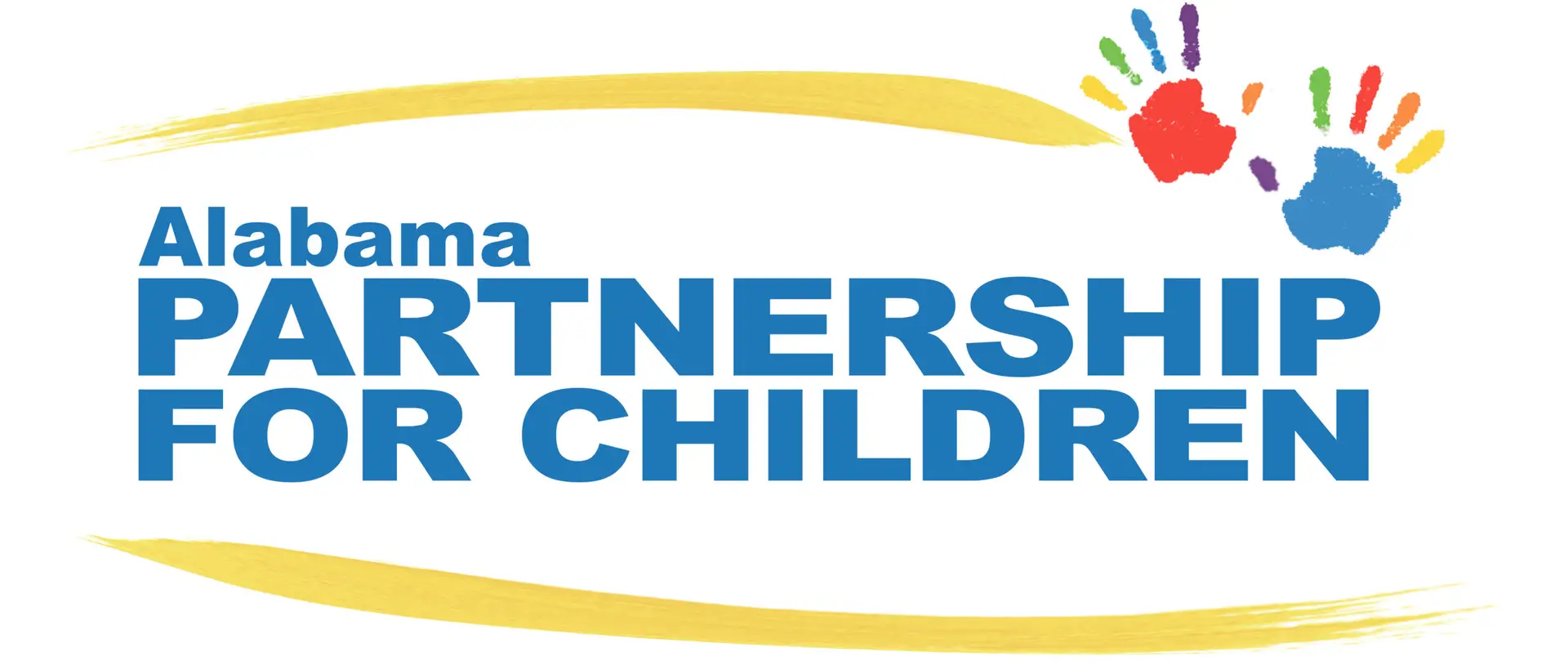Parent Survey Brief #3
Alabama Families’ Experience with Child Care During the COVID-19 Pandemic Brief #3 The Alabama Partnership for Children (APC) conducted an online survey of working families between May 18, 2020 and June 9, 2020 that received over 500 responses. You can find a report with full survey results here. The results are pertinent to reopening child […]
In the News
Briefing on Childcare Funding and Policy Considerations in Response to COVID-19 A workgroup made up of staff from Federal Reserve Banks across the country produced a brief about the need to shore up the nation’s child care infrastructure. View the full brief here.
In the News
Ivey appoints new secretary for early childhood education department By WSFA Staff | July 1, 2020 at 10:50 AM CDT – Updated July 1 at 11:24 AM MONTGOMERY, Ala. (WSFA) – Gov. Kay Ivey has chosen a new leader for the state’s Department of Early Childhood Education. Dr. Barbara Cooper will become the DECE’s new secretary, effective […]
In the News
Briefing on Childcare Funding and Policy Considerations in Response to COVID-19 A workgroup made up of staff from Federal Reserve Banks across the country produced a brief about the need to shore up the nation’s child care infrastructure. View the full brief here.
Free Developmental Screening
Do you have concerns or questions about your child’s development or behavior? Complete a free, developmental screening with Help Me Grow Alabama! To complete the online screening, visit this webpage: https://www.asqonline.com/family/a91e35
Parent Survey Brief #2
Alabama Families’ Experience with Child Care During the COVID-19 Pandemic Brief #2 The Alabama Partnership for Children (APC) conducted an online survey of working families between May 18, 2020 and June 9, 2020 that received over 500 responses. You can find a report with full survey results at https://alabamapartnershipforchildren.org/parent-survey-results/. The results are pertinent to reopening […]
Parent Survey Brief #1
Alabama Families’ Experience with Child Care During the COVID-19 Pandemic Brief #1 The Alabama Partnership for Children (APC) conducted an online survey of working families between May 18, 2020 and June 9, 2020, and received over 500 responses. A report with full survey results can be found at: https://alabamapartnershipforchildren.org/parent-survey-results/. The results are pertinent to reopening […]
Safe Sleep Project Survey
Dear Parents, Grandparents, Early Care and Education Providers: We are inviting you to review a booklet about Safe Sleep for infants. We will ask you to tell us what you think about how the booklet looks and what it says. We need and value your opinion on these materials. Safe Sleep materials are given out […]
Help Me Grow Annual Report
Help Me Grow: Building Impact 2019 synthesizes information collected from more than 100 HMG systems across the country to capture: Breadth and scope of HMG system Implementation and progress since 2018 Capacity to reach children, families, community partners, and child health care providers Novel approaches and system enhancements currently explored by HMG affiliates Download the report – […]
Alabama Parent Survey Results
Working Families and Child Care in Alabama Online survey of working families conducted between May 18, 2020 and June 2, 2020 Alabama Partnership for Children (APC) The APC offered the survey through multiple child care and workforce partner agencies as an online assessment of working families’ child care needs. The results offer us direction about […]
